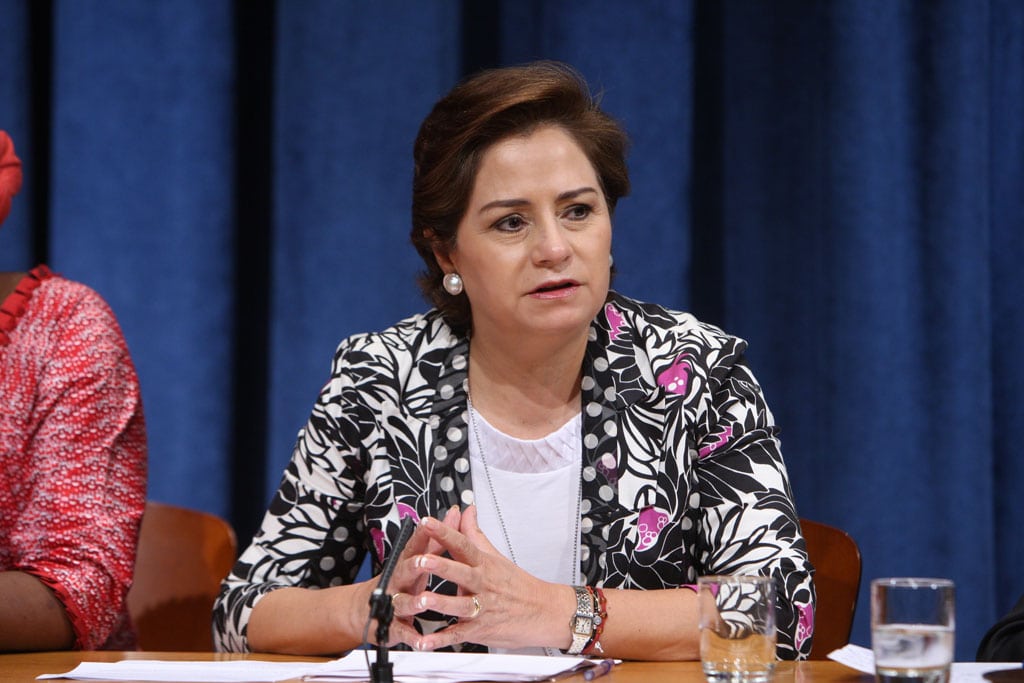
The Paris Agreement on climate change cannot be successfully implemented if there is action only at the national level, United Nations Framework Convention on Climate Change Executive Secretary Patricia Espinosa said Wednesday in a speech at the Climate Change Summit of the Americas in Jalisco, Mexico.
“Subnational governments – cities, states, provinces, and the partnerships that exist among these groups – need to align local action with the Paris Agreement. Business, academic and civil society communities need to be active in the shift to a new kind of development. Without local action – in the Americas and in every region on every continent of the planet – we will not accomplish our global goals,” Espinosa said.
The Paris Agreement was adopted in December by nearly 200 nations and is currently going through the ratification process. The agreement establishes a legal framework under which parties are to pursue non-legally binding nationally determined contributions.
The agreement sets an international goal of holding global temperature rise to “well below” 2 degrees Celsius, with an aim at limiting it to 1.5 degrees. However, it is globally understood that the measures included in the intended nationally determined contributions that have been submitted to the UNFCCC are not enough to meet that goal.
Subnational governments and the private sector can help to fill that gap, Espinosa suggested. “National governments simply cannot by themselves reduce … emissions at the unprecedented rates needed to achieve key milestones made under the Paris Agreement,” she said.
The agreement is expected to enter into force in late 2016 or early 2017. For that to happen, 55 nations representing at least 55 percent of global CO2 emissions must ratify it at the domestic level. Currently, 24 nations representing 1.08 percent of global emissions have done so.
Many high-emitting nations, such as the U.S., China, Brazil, and Japan, have committed to join the agreement by the end of the year. “We are hopeful that those who committed to ratify the Paris Agreement this year do so, and the Agreement enters into force early. There is no better way to demonstrate that governments understand and accept the responsibility agreed in Paris,” Espinosa said.